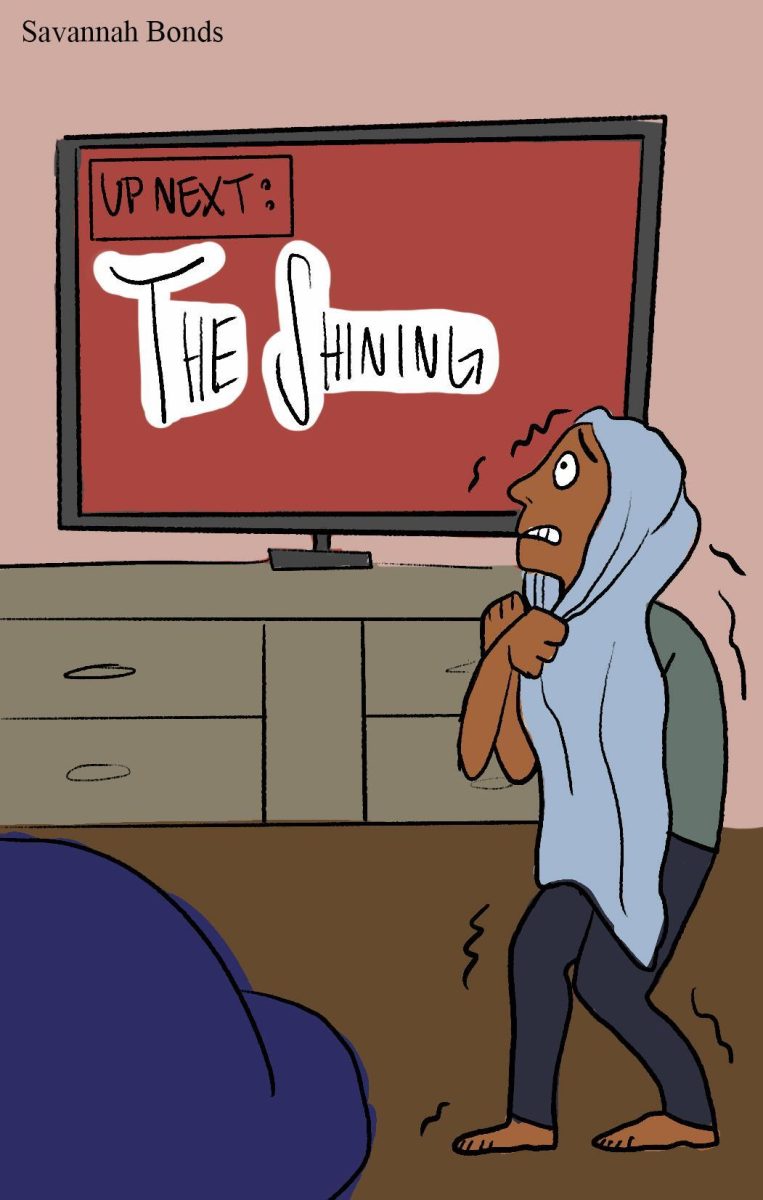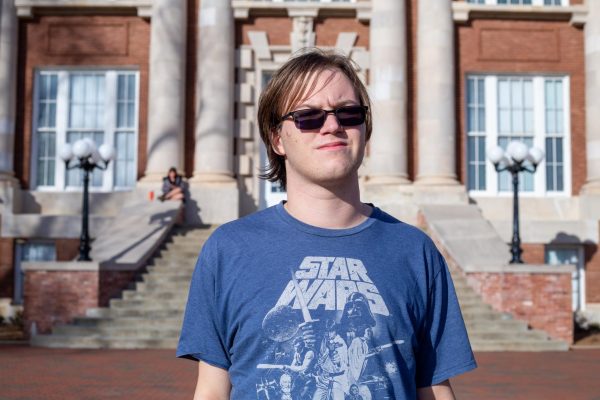As October draws to a close, we once again find ourselves celebrating what is, in my humble opinion, the best holiday of the year: Halloween.
We all have childhood memories of dressing up in spooky costumes and going out at night to collect candy. Some of us still do so as grownups.
In fact, according to the National Retail Federation, over 73% of Americans participated in Halloween-related activities in 2023, spending a record $12.2 billion.
Yet, why do people celebrate a holiday based on fear when many of our real fears are becoming reality? Why do we enjoy movies about monsters and serial killers in a world where school shootings, kidnappings and the constant threat of a global war are just around the corner?
According to the research of Sarah Kollat, a Penn State professor of psychology, “Controlled fear experiences – where you can click your remote, close the book, or walk out of the haunted house whenever you want – offer the physiological high that fear triggers, without any real risk.”
When the human body is under threat, adrenaline surges through them, triggering a fight or flight reaction. Once the danger has passed, your body releases dopamine, which provides feelings of pleasure and relief.
Halloween originated as the Celtic festival of Samhain, in which people built bonfires to sacrifice crops and animals to the gods, dressed in costumes to hide from monsters and demons and kept the fires alive to protect themselves from the darkness and what lies within it.
Yet, over time, this ritual of warding demons turned into a celebration of the creepy and macabre, a festival of scares.
One benefit of Halloween is that it allows you to face your fears with a friend. A controlled fear experience can safely simulate real traumatic experiences and, in turn, create something similar to what is commonly called a “trauma bond.”
We all have memories of spending Halloween with friends and family. Memories of the jumpscares and pranks played, the creepy decorations hung up and the costumes people wore. Why else do people move closer to each other when watching scary movies?
Another psychological benefit of Halloween is the costumes. When you put on a costume, you put on more than a physical disguise. Your costume allows you to temporarily become someone else. You are not just dressing up as Batman; on Halloween, you are Batman. That werewolf across the street is just your neighborhood friend. That demon in the mirror is just your reflection.
For one night every year, we can escape the reality of our mundane lives and engage in a fantasy adventure with witches and goblins on every street corner, not out to hurt or harm you but to ask for candy and wish you a happy Halloween.
Ultimately, though, the main benefit of the scares on Halloween is that they are fake.
At the end of the night, none of it is real. The monsters are just your neighbors in masks; the spooky noises and creepy mist are just sound and fog machines. It is an illusion, nothing more than mere smoke and mirrors.
The greatest thing about the holiday is that you can close the door on the monsters, shut your eyes and utter to yourself that none of it is real with complete honesty.
So, as you go out this Halloween, embrace the scares. Make memories, grow bonds with your friends and scream your lungs out. Face your fears and become the monsters of legend and folklore. Live the fantasy for one night.







